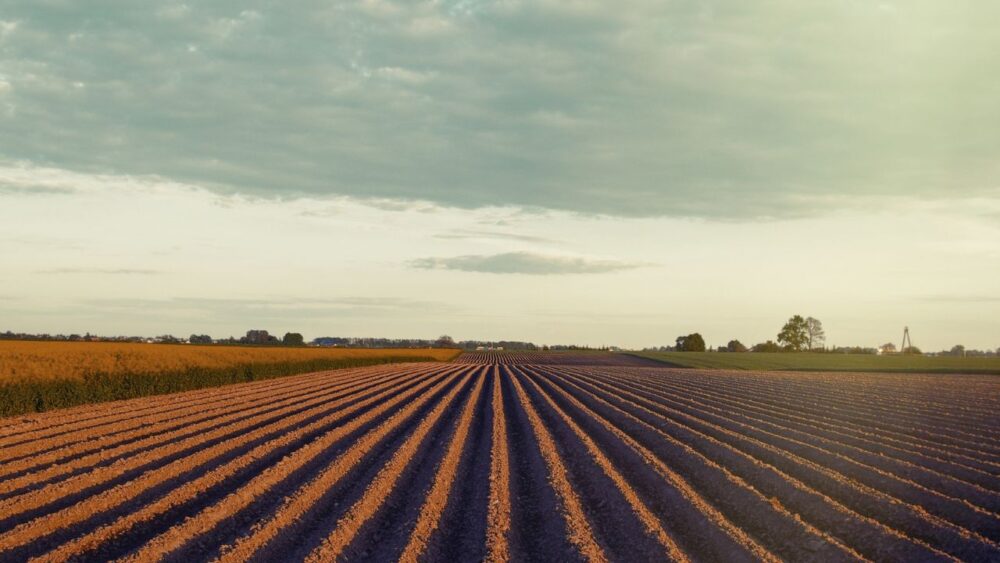President Donald Trump signed an executive order Friday exempting certain agricultural products from reciprocal tariffs imposed earlier this year to combat U.S. trade deficits. The order, effective November 13, modifies the scope of duties first established in April under a national emergency declaration.
The move signals potential relief for farmers and food importers who faced higher costs under the administration’s tariff program. It also suggests ongoing negotiations with trading partners may be yielding results.
Trump cited “the status of negotiations with various trading partners, current domestic demand for certain products, and current domestic capacity to produce certain products” as factors in his decision. The order updates annexes listing goods exempt from the reciprocal tariff system.
Executive Order 14257, issued April 2, declared that persistent goods trade deficits constitute “an unusual and extraordinary threat” to the national security and economy of the United States. Trump used emergency authorities to impose ad valorem duties on imports from countries with which the U.S. runs significant trade deficits.
Friday’s order directs the Commerce Secretary and the U.S. Trade Representative to continue monitoring trade conditions and report any developments requiring further action.
The order also authorizes the Commerce Secretary, Homeland Security Secretary, and Trade Representative to implement the changes through regulations or guidance. U.S. Customs and Border Protection will process any duty refunds under standard procedures.
What Happens Next
The executive order keeps the broader reciprocal tariff program in place, allowing the administration to add or remove products as economic conditions change. The Commerce Secretary and U.S. Trade Representative must continue monitoring import volumes, domestic capacity, and the status of trade negotiations, and report directly to the president if further action is warranted.
Additional exemptions could be introduced if domestic supply is insufficient or if trading partners make concessions in ongoing discussions. Conversely, products may be re-added to the tariff list if domestic producers increase output or if trade pressures escalate.
U.S. Customs and Border Protection will review entries dating back to November 13 and issue refunds where applicable. Any future tariff changes will be implemented through updates to the Harmonized Tariff Schedule or through additional executive orders.
Trump previously modified the tariff scope in September through Executive Order 14346, which updated the rules for implementing reciprocal tariffs and trade agreements.
The agricultural exemptions take effect for goods entered for consumption after 12:01 a.m. Eastern on November 13. The specific products are listed in the attached annex to Friday’s order.


